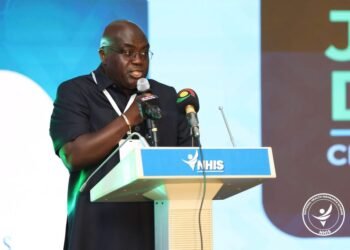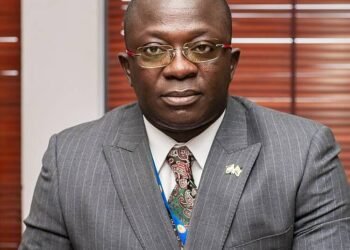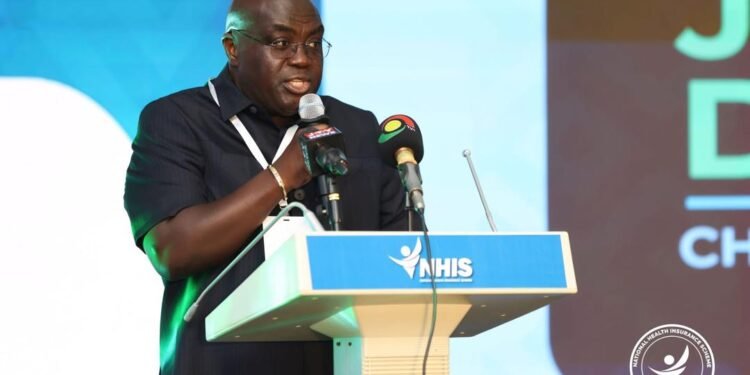Ghana’s Minister for Transport, Joseph Bukari Nikpe, has assured the public that the government is committed to reviving Metro Mass Transit Limited (MMTL) and Intercity STC Coaches Limited (STC), two state-owned transport companies that have been struggling in recent years.
Speaking at the Government Accountability Series at the Jubilee House, the Minister emphasized that both institutions are vital to Ghana’s public transport system and cannot be allowed to collapse.
“Ladies and gentlemen, the government is committed to revitalizing Metro Mass Transit Ltd. and Intercity STC Coaches Ltd., which are currently in distress and need financial support.”
Ghana’s Minister for Transport, Joseph Bukari Nikpe
He described the two companies as critical assets that provide affordable transport services for millions of Ghanaians, especially in rural and intercity routes where private transport operators often do not reach.
According to the Minister, the reorganization plan for Metro Mass Transit will include the acquisition of a new fleet comprising 350 Toyota Hays buses, 100 coastal buses, and 50 cargo and parcel trucks.
These additions, he noted, will strengthen the company’s capacity to serve both urban and rural passengers, as well as boost its logistics and parcel delivery operations. Deliveries for the new fleet are expected to begin at the end of 2025 and continue into early 2026.

Hon. Bukari Nikpe explained that government’s focus goes beyond simply expanding the number of vehicles. Plans are also in place to upgrade existing infrastructure to improve efficiency, reliability, and the overall passenger experience.
STC Expansion Drive
For Intercity STC Coaches Limited, which has been the country’s main intercity bus operator for decades, the Minister outlined measures to gradually modernize its fleet in phases.
These measures, he said, include the introduction of electronic buses into its operations—a move that reflects the government’s commitment to sustainability and reducing carbon emissions in the transport sector.
The Minister acknowledged that both MMTL and STC have faced serious operational and financial challenges over the years, ranging from limited fleet capacity and aging buses to inadequate funding and managerial bottlenecks.
These difficulties, he admitted, have significantly eroded public trust in the companies, with many commuters shifting to private transport services. However, he assured the public that government is determined to reverse this trend.
“We are working to restore confidence in these two state-owned institutions. With the right investment, management reforms, and infrastructure upgrades, they can regain their rightful place in Ghana’s transport system”.
Ghana’s Minister for Transport, Joseph Bukari Nikpe
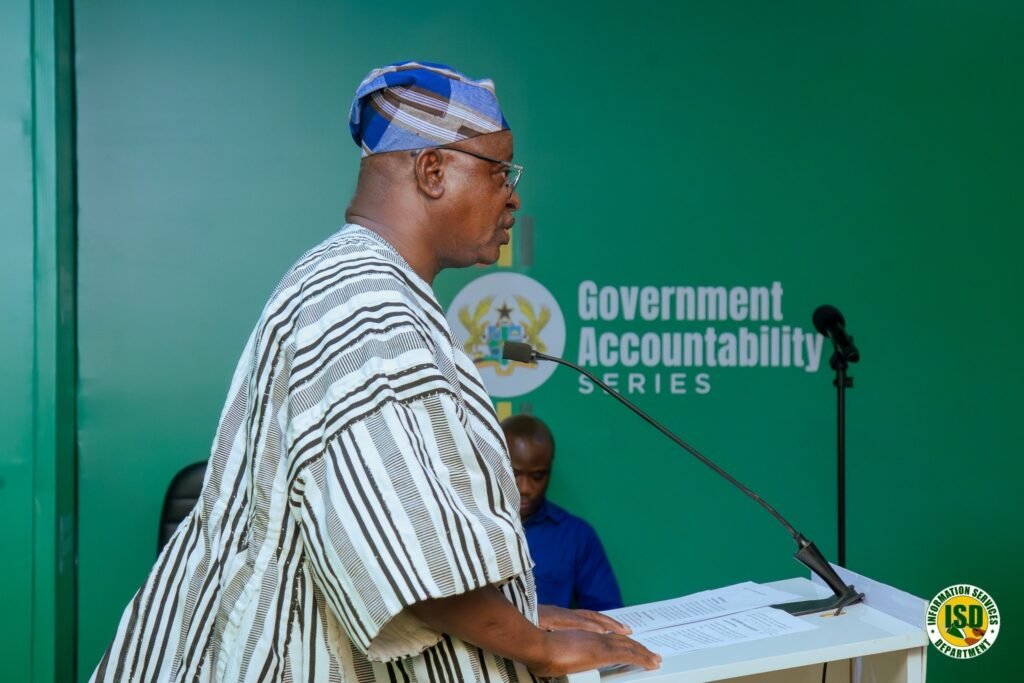
Easing Pressure on Commuters
The minister’s announcement pointed out that the revival of Metro Mass and STC could ease the pressure on commuters, especially at a time when transport fares remain high due to rising fuel costs.
For many rural communities, Metro Mass buses remain one of the few reliable means of reaching district capitals and markets, while STC continues to play a strategic role in connecting major cities across the country and the subregion.
The planned introduction of electronic buses into STC’s fleet is timely, as many countries worldwide are shifting to cleaner transport alternatives. Ghana’s embrace of e-mobility in intercity transport, they argue, could position the country as a leader in sustainable transport in West Africa
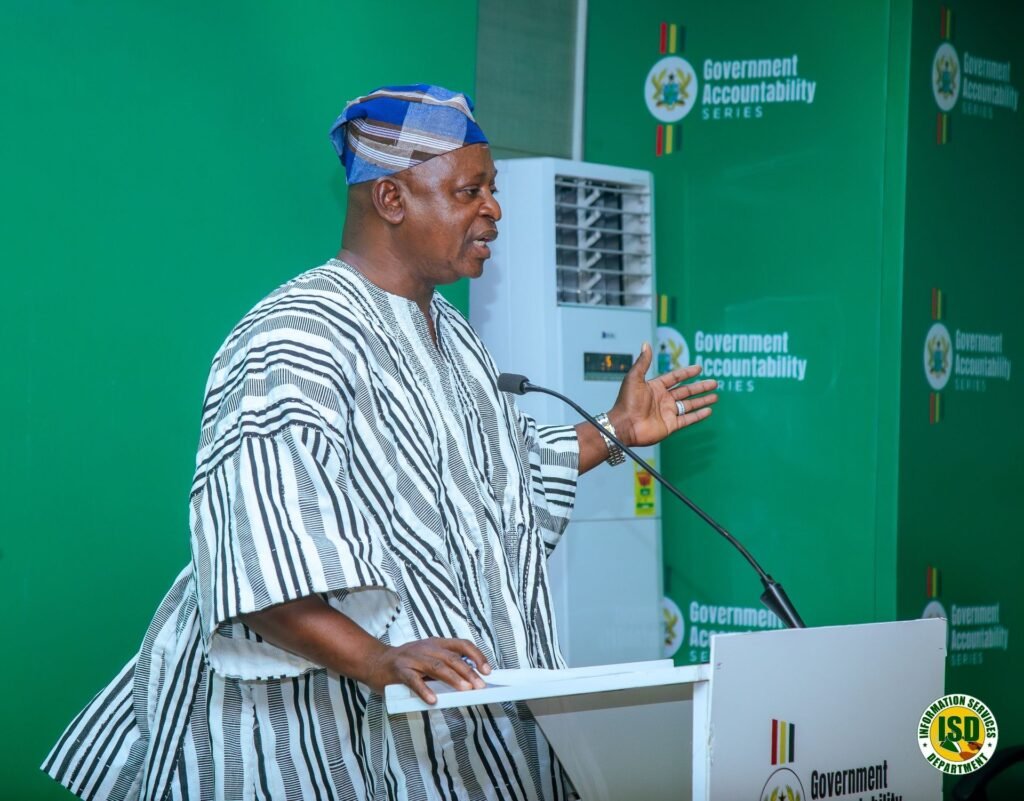
The Minister concluded his remarks by assuring Ghanaians that the government is committed to ensuring the long-term viability of both companies.
As the government prepares to deliver on its transport revival agenda, the coming months will be crucial in determining whether the promises of new fleets and upgraded infrastructure translate into tangible improvements for commuters.
For now, the announcement signals a renewed effort to give public transport in Ghana the overhaul it has long awaited.
READ ALSO: PURC Begins Nationwide Hearings on 2025–2029 Utility Tariff Proposals




